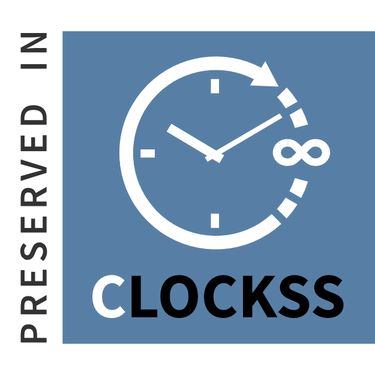Strategy to develop the game of fencing in Iraq
Keywords:
Strategy, FencingAbstract
The strategy includes key goals, policies and plans. If we want to differentiate between a strategic decision and a non-strategic one, the criterion is stability and no change in long-term decisions that do not change quickly are strategic decisions while others are more likely to change.
That the game of dueling and its various activities, formations, competitions, floor, number of matches, lack of requirements, age in Iraq and its official representation in the Iraqi Central Union and the status it reached, we find that it did not reach the level of international achievement clearly, as it has not adopted its many institutions any future dimensions on a scientific basis Goals are designed in the form of achievements, and although the strategies are many in building the game of fencing of various areas that develop the game of fencing in an integrated manner, but the researchers Arte to begin their research in the management strategy proposed that the Department's first step in the The correct correctness Here comes the importance of research, The problem of the research was that the level of the game does not match the level of ambition and its time in Iraq as well as that sports institutions have not adopted a clear strategy in the long term to develop the game and raise the level, which prompted the researchers to develop a strategy to develop the game of fencing in Iraq, General of the proposed strategy to develop the game of fencing in Iraq.
The researchers used the descriptive method in the survey method and the correlative relations to suit the nature of the research problem. The research community was defined by all members of the sub-associations of the fencing game (the president and members of the federation and their referees and coaches of the sub-federations) and the members of the clubs practicing the game. (163). The researchers used the steps to construct the standard and the appropriate statistical means for research.
The researchers concluded that the total lack of seriousness and interest by the sports institutions in planning the first priority in drawing future goals and strategic approach to the work of the institution towards the fencing game and the lack of providing the capabilities and requirements required by the game to continue and increase the base and reach the level of ambition and achievement, The recommendations were that the planning should be in the form of specific time programs that take into account the principle of collective participation and in a manner that preserves the activities and competitions of the fencing game and organizing competitions and competitions between more than one institution to increase friction and news And to raise the level of competition for the game to be operated by all sports institutions corresponding.
References
Bassem Nuzha and Tarek Hamed: Building a Scale for Students' Attitudes Toward the Profession of Coaching, Arab Journal of Educational Research, Issue 19.
Haider Abdul-Ridha: The Practical Guide to Writing Psychological and Educational Research, Babil, 1st edition, 2014.
Kheir Al-Din Ali and Issam Al-Hilali: Sports Sociology, Cairo, Dar Al-Fikr Al-Arabi, 1st edition, 1997.
Shaker Mabder: Comparative Systems of Career Guidance and Educational Counseling, Higher Education Printing Press, 1990.
Saleh Arshad and Samer Mohammed: Statistical Analysis Using SPSS Software, Amman, Dar Al-Shorouq for Publishing and Distribution, 1st edition, 1988.
Amer Saeed: Building a Scale for Aggressiveness in Athletes, Standardizing it for Football Players, Determining its Levels, and Comparing it by Playing Position, PhD Dissertation, College of Physical Education, University of Baghdad, 2002.
Abdullah Fallah and Adnan Yousef: Research Methods in Educational and Psychological Sciences, Amman, Dar Itrah for Publishing, 2010.
Mohamed Shahat Rabea: Personality Measurement, Cairo, Dar Al-Ma'rifa Al-Jami'iya, 2nd edition, 1998.
Mohamed Abdel Salam: Psychological and Educational Measurement, Cairo, Al-Nahda Al-Arabiya Library, 1980.
Mohamed Nasr El-Din Radwan: Introduction to Measurement in Physical Education and Sports, Cairo, Book Center for Publishing, 1st edition, 2006.
Marwan Abdul-Majid: Scientific Foundations and Statistical Methods for Testing and Measurement in Physical Education, Amman, Dar Al-Fikr Al-Arabi, 1999.
Waheeb Al-Kubaisi: Psychological Measurement: Theory and Application, Lebanon, United International, 2010.
Anastasi & Susan Urbina: Psychological Testing, New Jersey, Prentice Hall, 1997.
Downloads
Published
Issue
Section
License
Copyright (c) 2019 Modern Sport

This work is licensed under a Creative Commons Attribution 4.0 International License.















